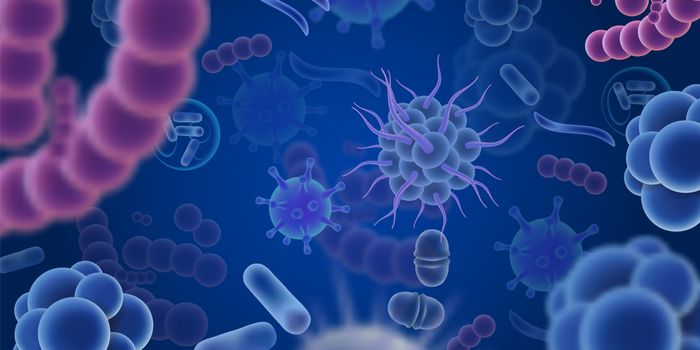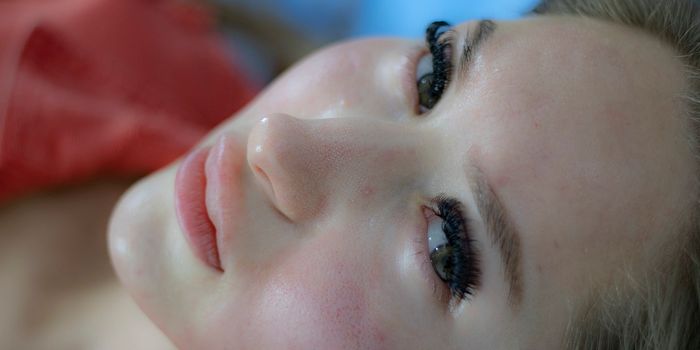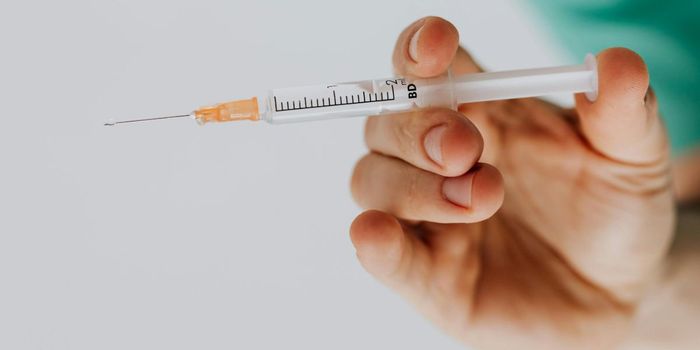New Ultrasound Technology Stimulates Immune Cell Therapy
Immune cells are generated to keep our bodies healthy. To combat disease, our bodies initiate two separate waves of immunity. The first wave, known as innate immunity, is a generalizable response that tries to inhibit pathogens and stop disease progression. The second wave, known as adaptive immunity, is more specific and includes T and B cells. Both cell types generate a response that directly targets the invading pathogen. T cells are a specialized population of cells that are responsible for identifying and eliminating disease. Once the cell recognizes the pathogen, it is activated, and more disease-specific immune cells are created.
Immunotherapy is a type of treatment that directs immunity, specifically the adaptive immune response, to target cancer cells. Due to the role of T cells, many different immunotherapies work to enhance their function and efficacy. A specific immunotherapy that has improved treatment for hematologic or blood malignancies includes chimeric antigen receptor (CAR) T cell therapy. This form of immunotherapy take a patient’s T cells and engineers them to target the patient’s tumor. The engineered T cells are then reinfused back into the patient where they attack the cancer. CAR T cell therapy is effective due to its specificity. The T cells are designed to target a specific tumor protein, which avoids the immune system from attacking healthy tissue. Consequently, treatment toxicity is significantly reduced.
While CAR T cells have demonstrated strong anti-tumor response in hematologic malignancies, efficacy in solid tumors is still limited. Scientists are working to improve therapy and prolong treatment efficacy by designing stronger CAR T cells. A recent paper in Cell, by Dr. Yingxiao Wang and others, describes an approach that enhances CAR T cell fitness and allows the T cells to perform at a higher rate. Wang is the Dwight C. and Hildagarde E. Baum Chair in Biomedical Engineering and Professor of Biomedical Engineering and Molecular Microbiology & Immunology at the University of Southern California. His work focuses on developing models and therapies to treat cancer using different engineering techniques and biotechnologies.
Wang and his team have developed a new form of CAR T cell therapy using ultrasound in the tumor area. The new form of therapy, known as EchoBack-CAR T cell therapy, which functions by activating T cells using ultrasound. As a result, these CAR T cells can function for up to 5 days as opposed to the standard CAR T cell therapy, in which activation only lasts for 24 hours. This type of treatment is paradigm shifting due to its long-lasting efficacy. In the clinic a patient may need to come in for treatment every day with the standard CAR T cell therapy. The EchoBack-CAR T cell treatment would require patients to come in roughly once every two weeks.
The technology is used to switch CAR T cells on after being exposed to just 10 minutes of ultrasound pulses. Consequently, it allows CAR T cells to sense cancer in their surroundings. The team named the therapy “EchoBack” due to the echo the ultrasound uses to stimulate the cells. The activated T cells then eliminate surrounding tumors cells, which create cancer debris that further activates surrounding T cells. This positive feedback loop significantly shrinks the tumor and provides a safe and effective CAR T cell alternative to solid tumors.
Wang and others have developed an efficacious immunotherapy that can target hard-to-treat solid tumors. EchoBack CAR T cell therapy is a breakthrough in cancer treatment and has the potential to change standard-of-care therapy. The team hopes to apply this to multiple cancer types including breast cancer and retinoblastoma. Overall, this work provides a robust treatment to patients with aggressive tumors.
Paper, Cell, Yingxiao Wang, University of Southern California








